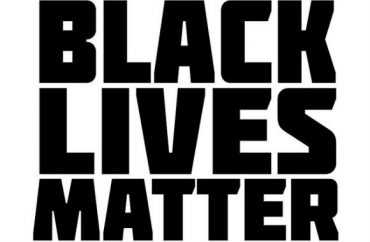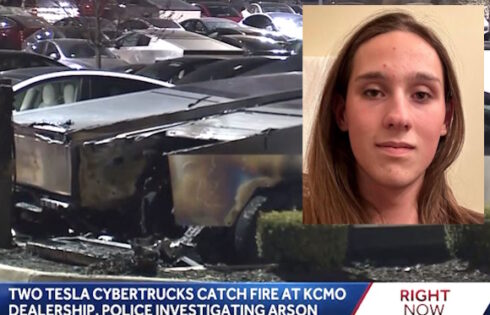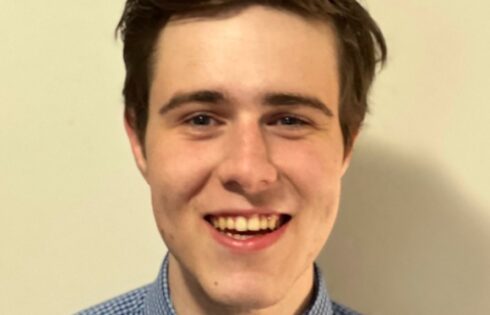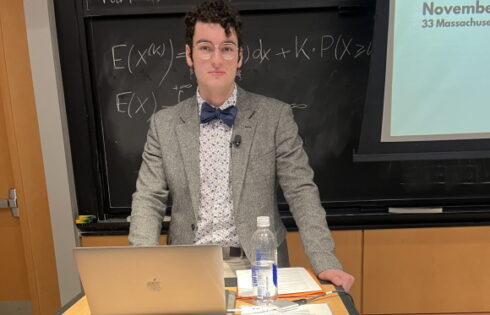
“Black Lives Matter Week” began yesterday at schools all over the Philadelphia region, and not all educators are happy about it.
The group Caucus for Working Educators is sponsoring the event which aims to “bring attention to the 13 guiding principles of the [BLM] Movement.”
According to Philly.com, although the event is not officially sanctioned by the city district nor the Philadelphia Federation of Teachers, the Caucus is “encouraging educators to introduce optional curriculum and activities” — activities such as “coloring pages for very young students to a science lesson about the biology of skin color for older ones.”
Swenson Arts and Technology High School’s Christopher Paslay says the lessons have no place in the schools.
“It challenges nuclear families, and our justice system,” he says. “I don’t think kids should be taught that Western society is perpetrating a war on black people.”
Paslay added that he didn’t know any teachers who were planning on using the BLM lessons — because they think they’re a “fringe thing.”
That the material may be controversial – even objectionable – to some is not lost on the group, which has encouraged participants to share plans with parents.
The movement has become a shorthand for antipolice sentiment, a notion [teacher and Caucus member Charlie] McGeehan rejects.
“We all deserve fair but critical treatment,” said McGeehan, who teaches at the U School, a high school in North Philadelphia. “I don’t think that Black Lives Matter is antipolice.” …
MORE: Teachers group bringing ‘BLM Week of Action’ to Philadelphia schools
The organizers want teachers to think about lessons based on the 13 tenets of the Black Lives Matter movement, from empathy and diversity to transgender affirming and unapologetically black.
They’re all important themes in a district where the majority of students are black and brown, McGeehan said. (In Philadelphia, 51 percent of pupils in district schools are black and 21 percent are Latino, according to the district.)
“We have to validate our students’ experiences,” McGeehan said. “Many of my students have had negative experiences with police officers. To ignore that is to deny their reality in a way that doesn’t make sense.”
Caucus member Tamara Anderson added that it’s important to hold “difficult conversations around bias,” and it’s “OK that people are uncomfortable.”
It is? What about, say, microaggressions, for example?
This is just another example of the Catch-22 in which (racial) progressivism ultimately finds itself: Modern students clamor about the need for “safe spaces” and the like when something makes them feel distressed, yet at the same time it’s OK to feel uncomfortable.
Go figure.
MORE: Two thousand Seattle teachers engage in Black Lives Matter protest
MORE: Teacher who angered Black Lives Matter activists is forced into retirement
Like The College Fix on Facebook / Follow us on Twitter
IMAGE: Teacher Dude/Flickr






Please join the conversation about our stories on Facebook, Twitter, Instagram, Reddit, MeWe, Rumble, Gab, Minds and Gettr.